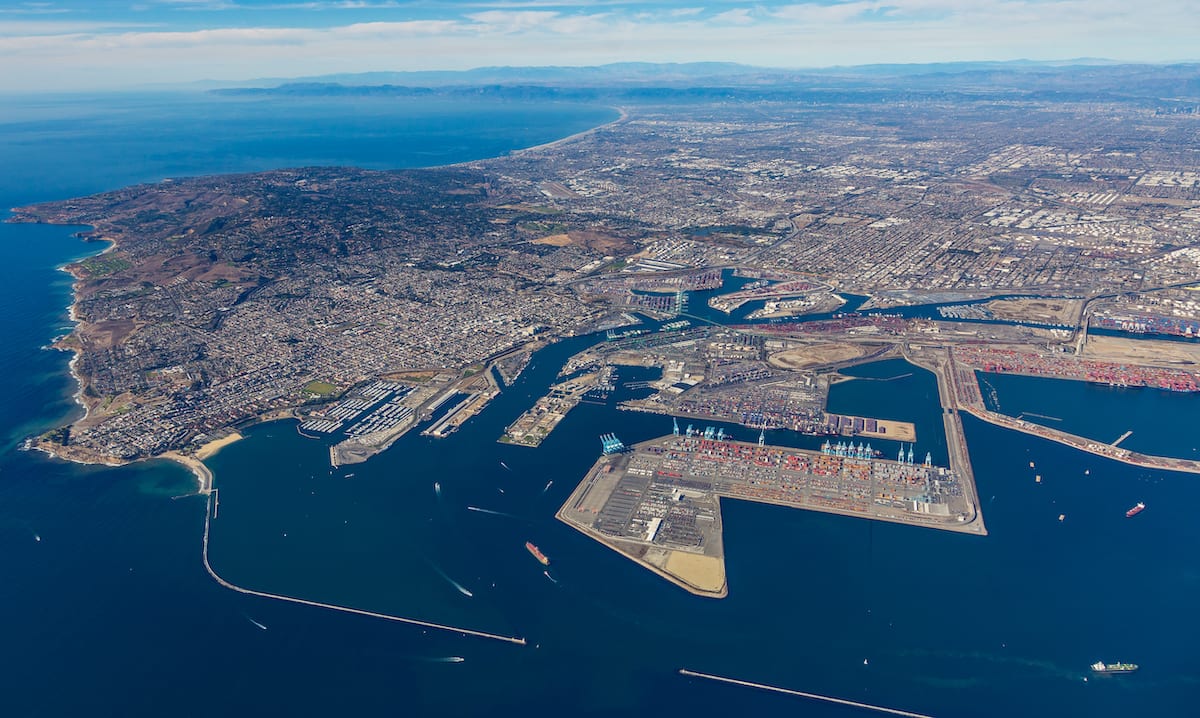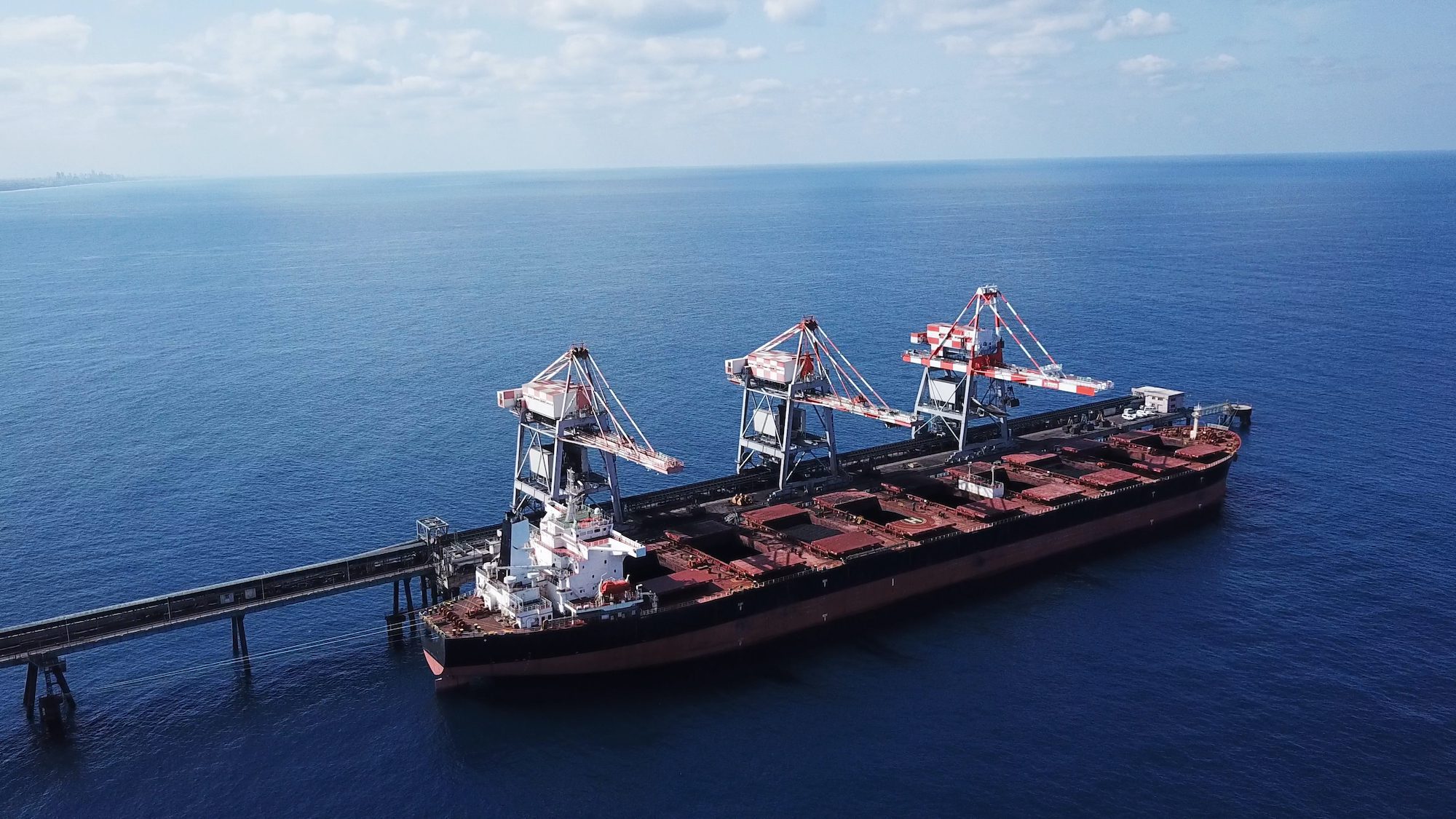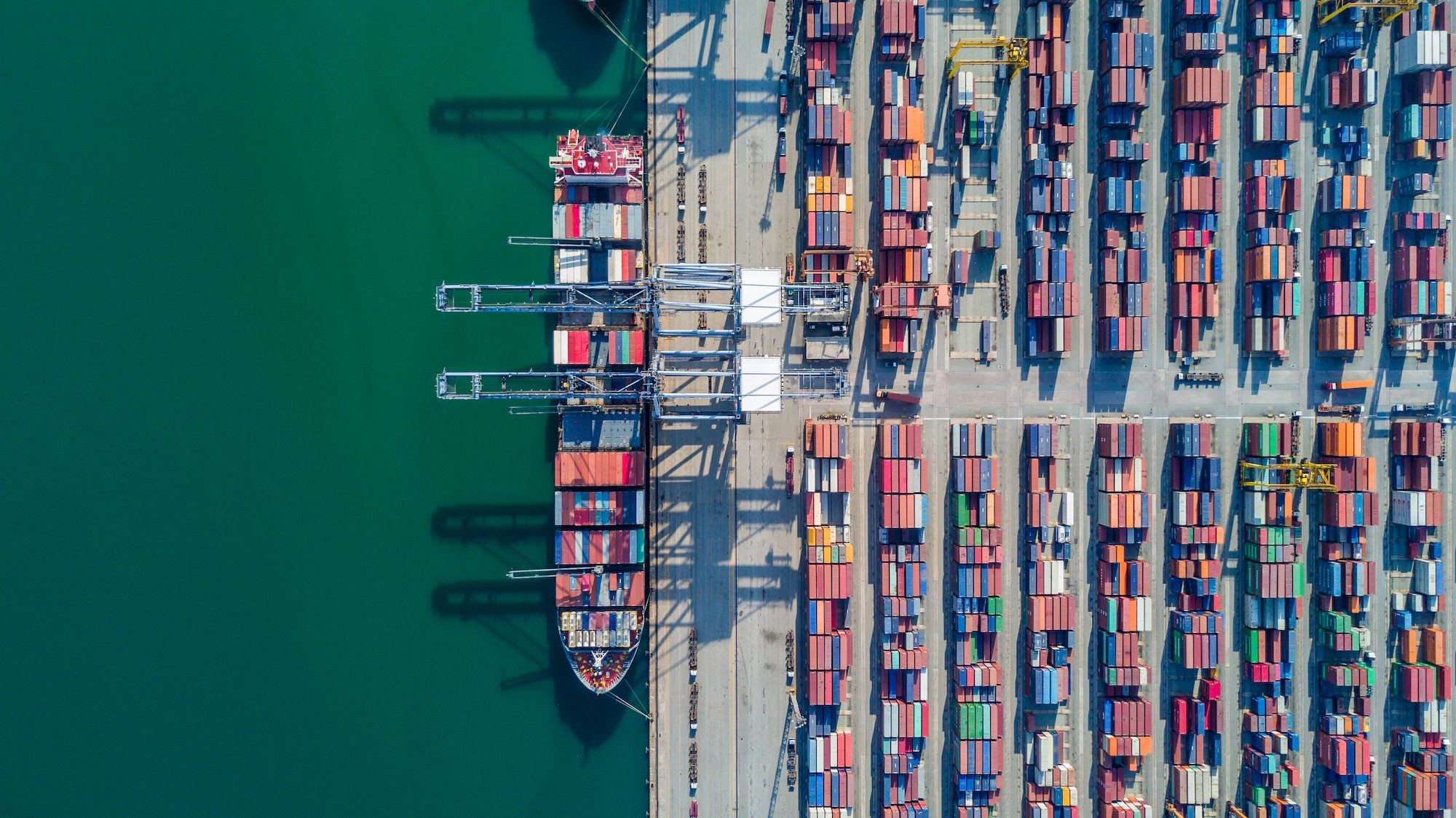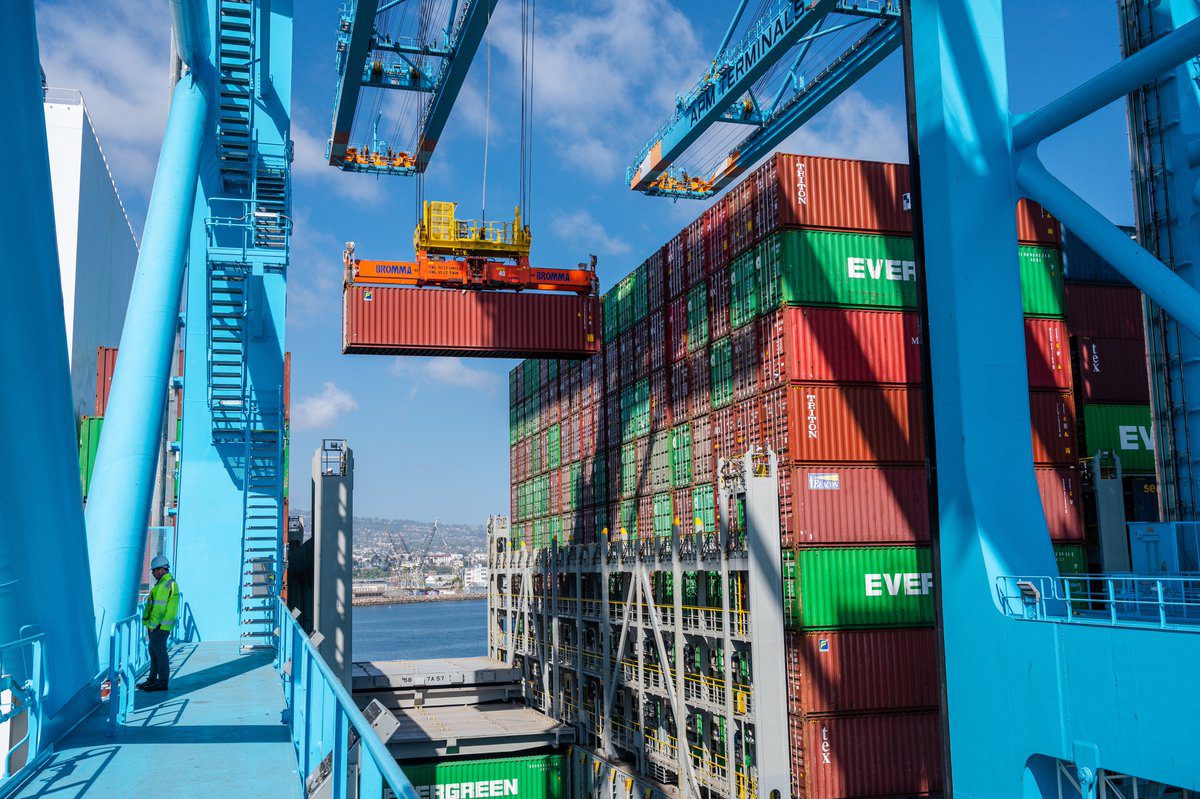The Port of Los Angeles has signed Memorandums of Understanding (MOUs) with the Port of Tokyo and the Port of Yokohama to collaborate on sustainability and environmental issues, including the establishment of green shipping corridors.
The agreements were signed during the 2023 California Japan Clean Energy Trade Mission, led by California Lt. Gov. Eleni Kounalakis and Dee Dee Myers, Director of California Governor’s Office of Business and Economic Development.
Lt. Gov. Kounalakis praised the MOUs as a reflection of the strong relationship between California and Japan and their shared commitment to tackling climate change. “California and Japan’s port partnership is a world-leading collaboration and a critical step towards achieving zero greenhouse gas emissions,” she said.
The MOUs call for cooperation and sharing of best practices on environmental and sustainability initiatives, including the digitization of the supply chain to optimize efficiency and reduce port operational impacts. The ports of Tokyo and Yokohama also agreed to establish a Green Shipping Corridor (GSC) partnership with the Port of Los Angeles in the coming year, aimed at reducing emissions along their respective trade routes and promoting low- and zero-carbon ships and fuels.
Green shipping corridors are partnerships between ports that aim to reduce emissions along their respective trade routes and promote low- and zero-carbon ships and fuels. The goal of GSCs is to create a network of ports that prioritize sustainability and the environment, and work together to reduce the environmental impact of the shipping industry.
The Port of Los Angeles has established GSC partnerships with several other ports, including the ports of Shanghai and Singapore.
Other areas of cooperation identified under the two agreements include the testing and deployment of zero-emission vehicles, cargo handling equipment and vessels; exploring energy use and alternative energy sources; and cooperating on initiatives related to pollution-reduction technologies for terminals, ocean-going vessels, and drayage trucks.
“The Port of Los Angeles is proud of the role it has played in advancing port-related environmental technologies and supply chain decarbonization solutions, but we can do so much more with ports and other international stakeholders working together. I’m thrilled to be in Japan collaborating with our long-time partners at the ports of Tokyo and Yokohama,” said Port of Los Angeles Executive Director Gene Seroka.
The Port of Los Angeles and Port of Yokohama have a long history of cooperation, dating back to a trade agreement signed in 1969 to strengthen trade routes between the two ports. The Port of Los Angeles and Port of Tokyo formalized a Sister Port relationship in 1987.
The weeklong 2023 California Japan Clean Energy Trade Mission, which began on March 11, is targeting businesses in the clean energy sector to explore solutions related to climate change, renewable energy, zero-emission technologies, and other sustainable products and services.
During the event, the California State Transportation Agency (CalSTA) signed a Letter of Intent with the Ministry of Land, Infrastructure, Transport and Tourism of Japan to support green shipping corridors, port decarbonization and the deployment of zero-emission transportation through California’s $1.2 billion Port and Freight Infrastructure Program, with awards for the historic one-time program scheduled to be announced later this month.
“We applaud the newest collaboration between California and Japan to clean up our ports and end ship pollution, and we urge that their collaboration focus on driving immediate emissions reductions, scaling absolute zero well-to-wake emissions technologies and ultimately achieving 100% zero-emission shipping by 2040,” said Allyson Browne, Climate Campaign Manager for Ports for People, Pacific Environment.
Unlock Exclusive Insights Today!
Join the gCaptain Club for curated content, insider opinions, and vibrant community discussions.

 Join The Club
Join The Club













